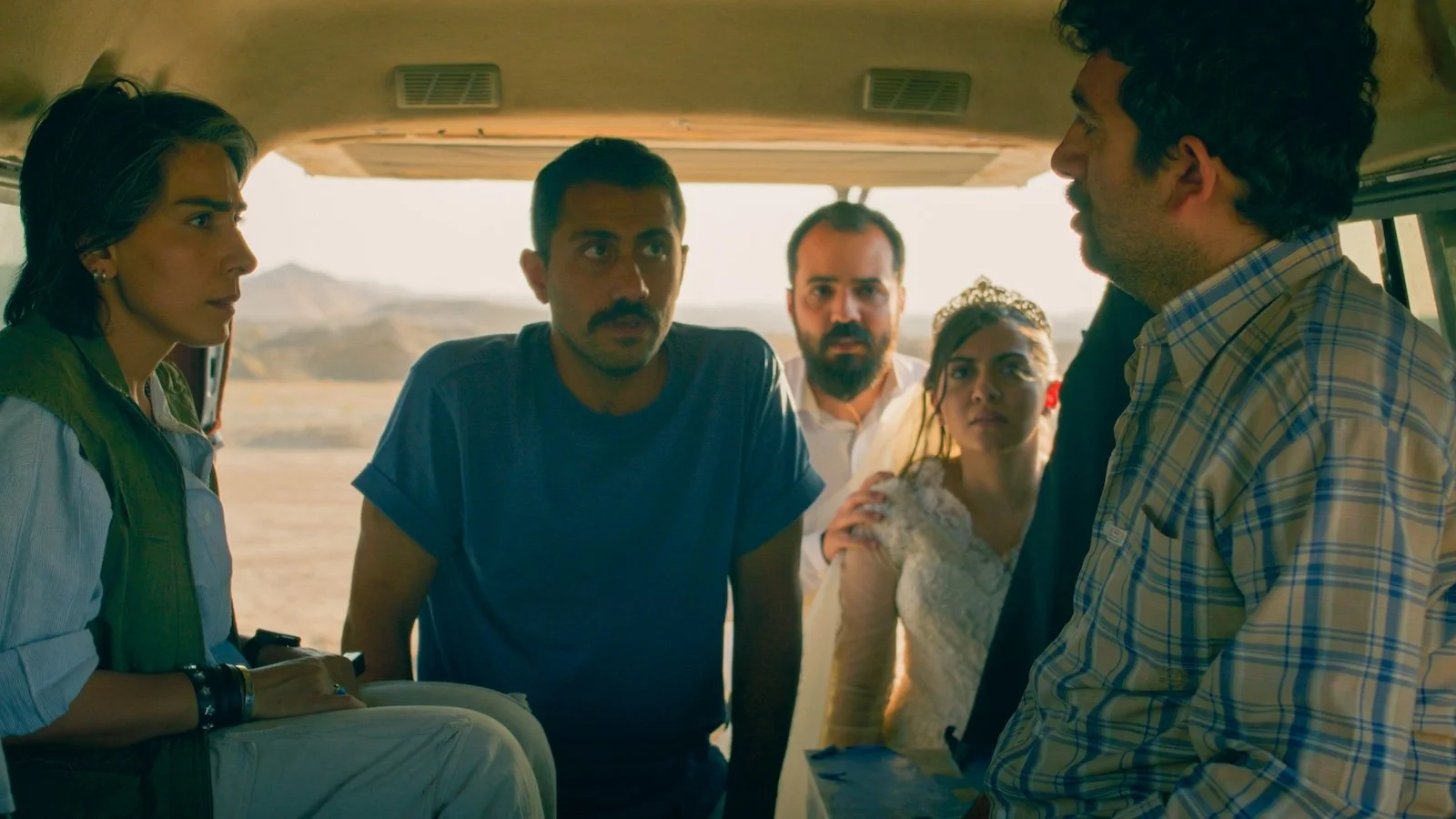Hot Docs 2023: The Castle
The Castle is an observational documentary with humour so dry it could evaporate the wet mist that drapes the walls of the decaying manor house at the film’s centre. Martín Benchimol’s 78-minute film is quiet and patient and brims with atmosphere. Part of the evocative atmosphere is provided by the strange location, a massive mansion in the Argentine countryside with holes in the roof and shoddy plumbing. Part of it is also provided by Benchimol’s stylized presentation of the material. He employs a deft touch with moody lighting, ironic editing, and a completely hands-off approach to the material. You never see or hear the film crew. Rather, you simply watch these strange people in this massive house right out of a fairy tale and marvel at the lowkey, oddball energy of the situation.
Perhaps most of the film’s eclectic energy is provided by the subjects. The key figures in The Castle are a mother and daughter, Justina and Alexia. Justina is an Indigenous housekeeper who inherited the house from her deceased employer. She’s more at home with animals than humans. She blows a horn from a balcony each morning to awaken her cows and watches soap operas at night while cradling a black lamb in her arms. Alexia is a tomboy who dreams of being a Formula 4 racer. She spends her days watching YouTube videos and racing on her simulator. The banter between the two is strained and awkward. These are two women who hardly seem comfortable in any situation, let alone interacting with each other and the occasional house guests who come to the obviously uncomfortable home they inhabit.
Benchimol’s film is a slice of life portrait of these women living in this castle, but there’s hardly anything ordinary about the film, despite the banality of so many details of the subjects’ lives. By observing their daily routines, we learn about how Justina inherited the house, how Alexia dreams of moving to Buenos Aires, and how Justina has a boyfriend who she calls each night, but who always makes excuses for never showing up. We also learn about the class tensions with the family of her old employer, who show up on weekends to take over the manor and hold dinner parties, condescending to Justina like she’s still hired help and not the owner of the property.
Benchimol communicates a lot of nuance in the silences and by simply watching Justina and Alexia, allowing their faces to say what they won’t verbalize. For instance, we soon notice the way that Justina withholds all commentary, all anger, all expression. She’s clearly bitter, which she often acts out on Alexia through a demanding, emotionally-withholding manner, but she’s as passive as people come. She won’t raise her voice. She won’t hit the table. She won’t express her disappointment. She simply sulks and goes about her day and spends time with her animals. At moments, she can’t help but be funny, whether it’s through an interaction with a dog, a scolding word for the lamb, or a stray comment in response to a TV show. Alexia is more perceptive than Justina, but she’s as odd as her mom and can be blissfully unaware of how ludicrous she sounds. For instance, she’s able to speak with a straight face about racing for a living, despite having no experience, and able to unironically explain away a clear fault in a shoddy tattoo she got after a weekend getaway in the capital.
In the midst of it all, José Manuel Gatica’s score bounces and lifts, mimicking Camille Saint-Saens one moment, providing an ethereal atmosphere with a solemn flute the next. The Castle is quiet and uneventful, but so curated and tonally consistent that the result alternates between surprising humour and emotion. If audience reactions are any indication, it’s capable of baffling those viewers expecting something approaching a conventional documentary. It also doesn’t really tell a story. It sets a mood, evokes a scenario, and observes moments, but there’s no true beginning or end to what happens on screen. It begins and ends abruptly with no resolution to Justina and Alexia’s stories. But sometimes that’s OK. Not every documentary needs to tell a story. Sometimes a totalizing atmospheric approach, with a healthy dose of dry humour, is more than enough.
7 out of 10
The Castle (2023, Argentina/France)
Directed by Martín Benchimol.



Nia DaCosta’s sequel to 28 Years Later pits two competing theologies of death against each other.